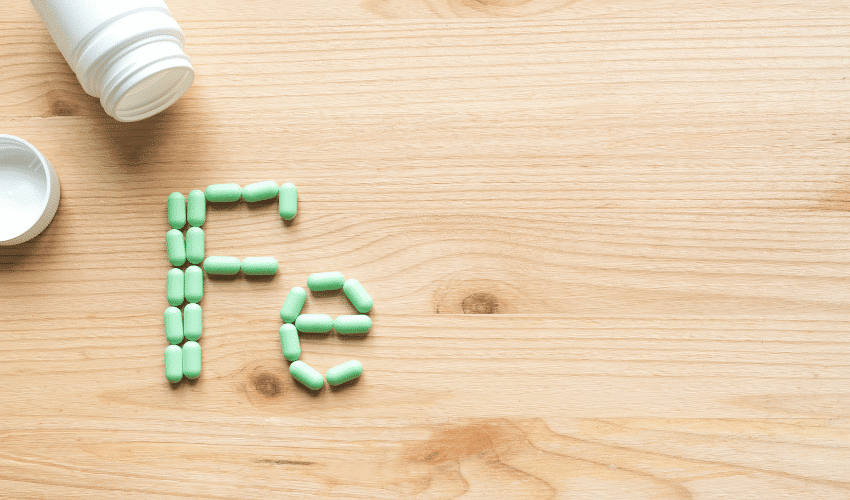Introduction: The Impact of Anemia on Health
Anemia is a common health condition affecting millions of people worldwide. When an individual suffers from anemia, their body has a decreased number of red blood cells (RBCs) or insufficient hemoglobin levels in the blood. This deficiency often leads to fatigue, weakness, and a reduced ability to perform daily activities.
In this detailed article, we’ll explore the 15 most common causes of anemia and discuss how they affect the body. By understanding these causes, you can take necessary precautions to maintain optimal health and reduce the risk of developing anemia.
Anemia has a wide range of causes, and it’s essential to identify the underlying issue to address it effectively. Some common causes include deficiencies in essential nutrients, such as iron, vitamin B12, and folic acid, while others are related to genetic factors, chronic diseases, and other health conditions.
The severity of anemia varies, and so do the symptoms. Mild anemia might go unnoticed, while moderate or severe anemia can significantly impact an individual’s quality of life. Early detection and treatment are crucial to prevent complications and maintain good health.
In the following sections, we’ll delve deeper into the 15 common causes of anemia, providing you with valuable insights to make informed decisions about your health and well-being.
1. Iron Deficiency

Iron deficiency is the leading cause of anemia, as iron plays a crucial role in hemoglobin production. Hemoglobin is the protein in red blood cells responsible for transporting oxygen throughout the body. Without sufficient iron, the body cannot produce enough hemoglobin, leading to anemia.
There are several factors that can contribute to iron deficiency. These include poor dietary intake of iron-rich foods, blood loss due to injury or menstruation, and impaired iron absorption caused by intestinal disorders.
To prevent iron deficiency anemia, it’s essential to include iron-rich foods in your diet, such as red meat, poultry, fish, beans, lentils, tofu, and fortified cereals. If dietary changes aren’t enough, iron supplements may be recommended by a healthcare professional.
In some cases, iron deficiency anemia may be a sign of an underlying health issue, such as gastrointestinal bleeding, heavy menstrual bleeding, or malabsorption disorders. If you suspect any of these conditions, consult your healthcare provider for a thorough evaluation and appropriate treatment. (1)